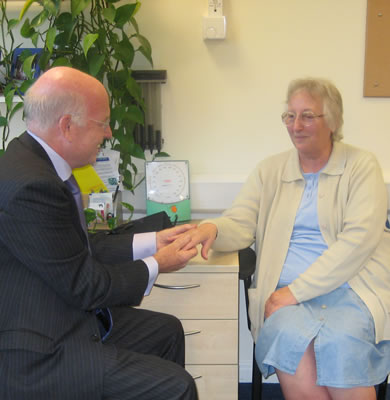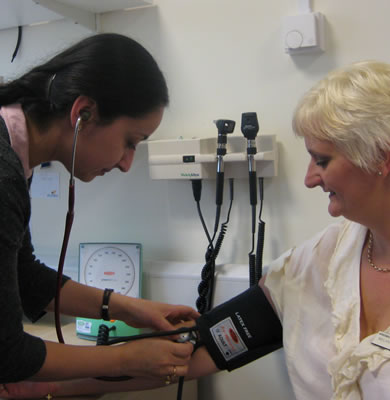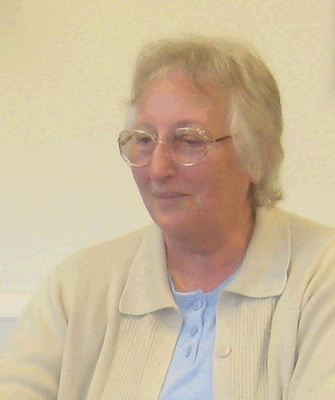Connective Tissue Disease course for GPs



This session will enable doctors to identify connective tissue diseases (CTDs) that are often seen in primary care, to distinguish between the main CTDs, to investigate, to monitor treatment and to support these patients.
This session was reviewed by Khyati Bakhai and last updated in August 2019.
Learning Objectives
By the end of this session you will be able to:
- Describe how connective tissue disorders (CTDs) present and the main differences between them
- Recognise common CTDs including polymyalgia rheumatica and Raynaud’s phenomenon
- Identify when to consider an underlying CTD in a patient, red flag symptoms and indications for investigation and referral to specialist care
- Clarify the GP and practice team's role in the monitoring of treatment for CTDs
- Describe the options for managing CTD patients holistically in primary care
Connective tissue diseases (CTDs) are chronic inflammatory auto-immune disorders that can affect all connective tissues, i.e. joints, skin, muscles and blood vessels, and therefore have multiple effects on many organs throughout the body.
Dr Graham Davenport is a single-handed rural GP and, having been taught by Frank Dudley Hart at Westminster Hospital, he has maintained his interest in rheumatology through the Primary Care Rheumatology Society of which he is a past-President.
He completed an MSc in rheumatology in 1999, with his thesis on “How to reduce the gastro-intestinal complications of non-steroidal anti-inflammatory drugs in primary care” and he has been involved in postgraduate education for GPs as a lecturer, trainer, course organiser and appraiser.
He has a particular interest in non-steroidal anti-inflammatory drugs and osteoporosis and has contributed to the development of the NICE guidelines for osteoporosis treatment, the use of strontium ranelate for the prevention of osteoporotic fractures and a review of coxib guidelines. He has organized a national osteoporosis working group to develop guidelines for primary care and to roll out a series of workshops for GPs, and is planning to improve the education of registrars in musculoskeletal medicine.
Graham is a content author on the e-GPS project.

- Assessment course for GPs
- Posted By eIntegrity Healthcare e-Learning
- Posted Date: 2025-01-09
- Location:Online
- This session describes the main tools used to assess trainee GPs and distinguishes between formative...
- Self Appraisal course for GPs
- Posted By eIntegrity Healthcare e-Learning
- Posted Date: 2025-01-09
- Location:Online
- This session describes an approach to self-appraisal, and provides practical tips and guidance about...
- Telephone Consultations course for GPs
- Posted By eIntegrity Healthcare e-Learning
- Posted Date: 2025-01-09
- Location:Online
- This session explores the issues that may arise when a consultation is conducted over the telephone,...
- Difficult Consultations course for GPs
- Posted By eIntegrity Healthcare e-Learning
- Posted Date: 2025-01-09
- Location:Online
- This interactive session explores some of the difficulties associated with patients whose behaviour ...
- Balint's Ideas course for GPs
- Posted By eIntegrity Healthcare e-Learning
- Posted Date: 2025-01-09
- Location:Online
- This session introduces Michael Balint, outlines his principal ideas and describes his innovative us...







